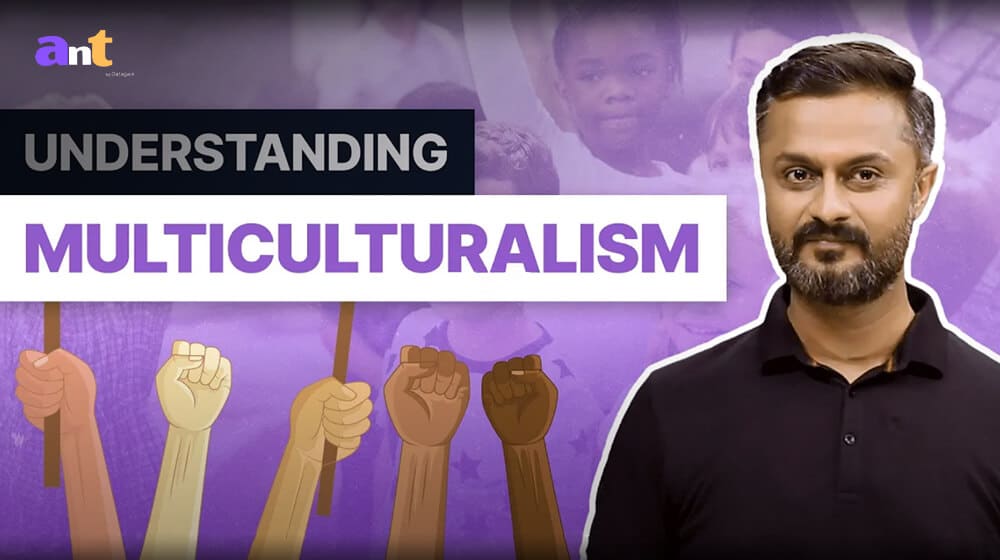
Home » Transcript Library » Understanding Multiculturalism: What and Why?
Understanding Multiculturalism: What and Why?
What do we mean by diversity, cultural diversity, and multiculturalism?
First, diversity can mean a range of different things. Well, it literally means: A range of different things; various or very different.
Culture is the way of living that is passed on from one generation to the next. It includes the language we speak, our standards of living, our beliefs, behaviors, values, and norms followed!
As for the term “cultural diversity”, it is often used interchangeably with the concept of multiculturalism.
How is living in a culturally diverse or multicultural environment reflected in education? What do you think? Is it a burden, or an asset for the development of the students?
Third-culture kids are children who live in or are born in cultures and countries outside of their parents’ culture. So, imagine my kids. I was born in a different country and my culture and country set is different but my kids are born in this country and the culture that they experience is completely different. Now these kids are lucky enough to have a blend of unique skill sets and experiences. Studies have shown that children who are exposed to a multicultural environment at a young age, learn at an early stage to understand different perspectives and they dismiss negative stereotypes. They also understand personal biases and recognize and respect differences, eventually making better global citizens. So, living with different family members, eating different foods, and dressing differently does not affect the fact that her son and his friends have a tight bond that makes them laugh together, play together, and even care for each other!
So, it’s also proven that the minds of these children who were raised in a multicultural environment are open to appreciate other cultures, while still cherishing the distinctiveness of their own identities. This helps children tear down walls of stereotypes or even prohibits them from constructing these stereotypes in their own minds. It is said that knowing one person from a different background makes our impression of the entire population more positive! Can you imagine that? Just one relationship changes our impression of an entire population! Well, their minds are also more flexible, more creative, and they are much better at solving problems.
Now, while we might be thinking about this, you may ask me why does that happen. Well, they are exposed to diverse perspectives and they get used to reconciling differences. On top of it all, a multicultural upbringing instills a love for travel and makes them recruitment-ready when it comes to jobs in a highly globalized world.
Copyright Disclaimer
Under Title 17 U.S.C. Section 107, allowance is made for “fair use” for purposes such as criticism, comment, news reporting, teaching, scholarship, and research. Fair use is permitted by copyright statute that might otherwise be infringing.






